Today, the biggest news comes from Central Asia.
Here, Kazakhstan has shut down one of Russia’s most important land borders, freezing thousands of trucks and exposing just how dependent Moscow has become on its neighbor’s transit routes. What began as a routine customs inspection has escalated into a full-scale collapse of Russia’s logistics system, with shortages and losses already spreading across factories and warehouses.

The border closure started with tightened Kazakh inspections of trucks coming from China, but within days, the situation turned into a complete halt. More than 5,000 vehicles are now stuck at checkpoints, forming queues stretching for kilometers.

Drones, electronic components, batteries, tools, clothing, and basic consumer goods are all blocked. Some trucks have been waiting for weeks, while others have been waiting for months, and Russian companies report multimillion losses as shipments spoil or contracts fail. Even Kyrgyz drivers, fully dependent on Kazakhstan’s territory for access to Russia, have been stranded with no route forward.
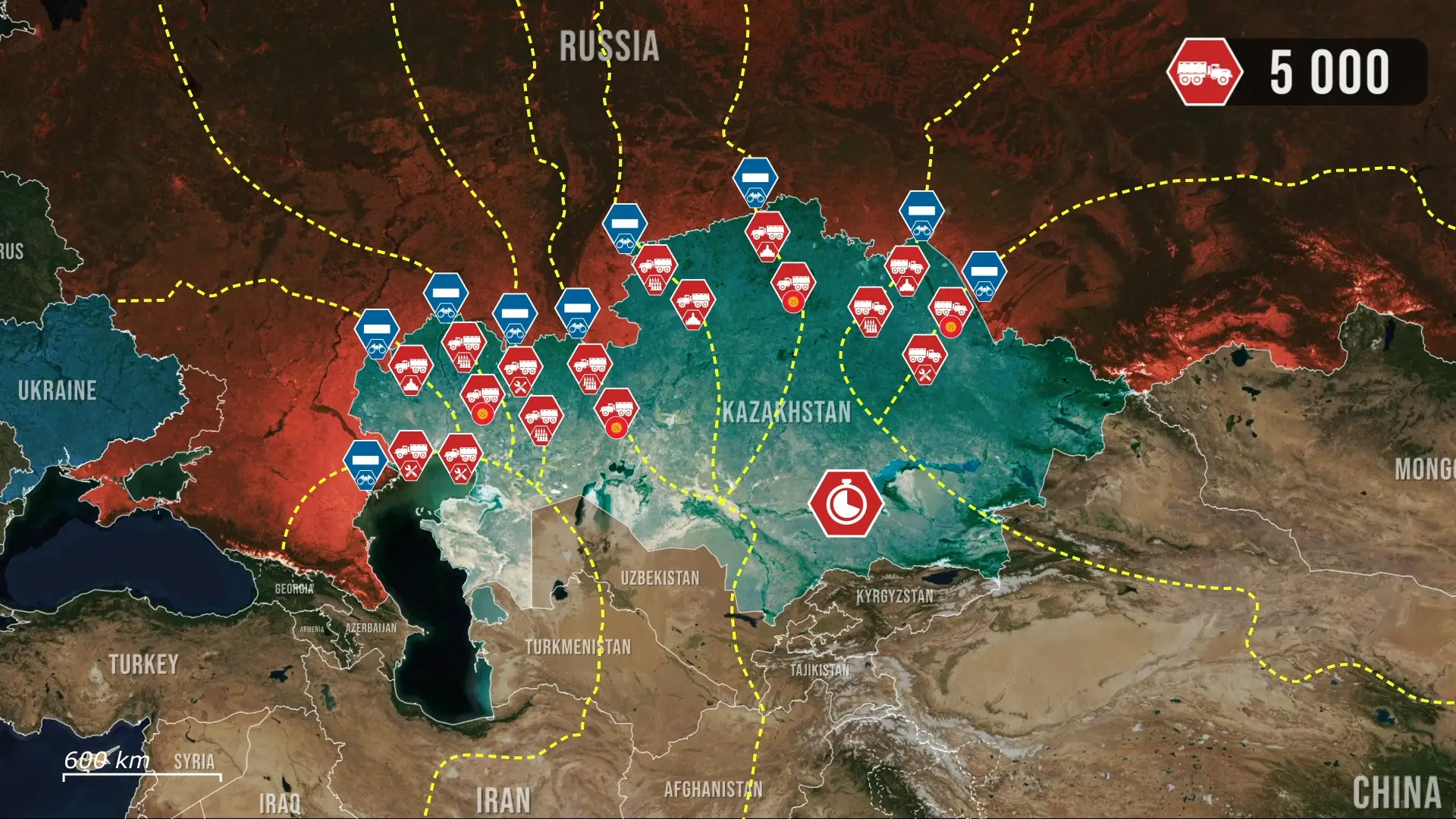
Trucks heading for Astrakhan, Orenburg, Novosibirsk, and the Volga regions are being stopped by the same bottleneck, and Kazakh customs are refusing to let cargo cross without a thorough check, effectively shutting down the border. Kazakhstan says the reason for the border shutdown is secondary sanctions, as for two years, the fall in official EU-Russia and US-Russia trade has been almost matched by a rise in trade between Russia and Kazakhstan.
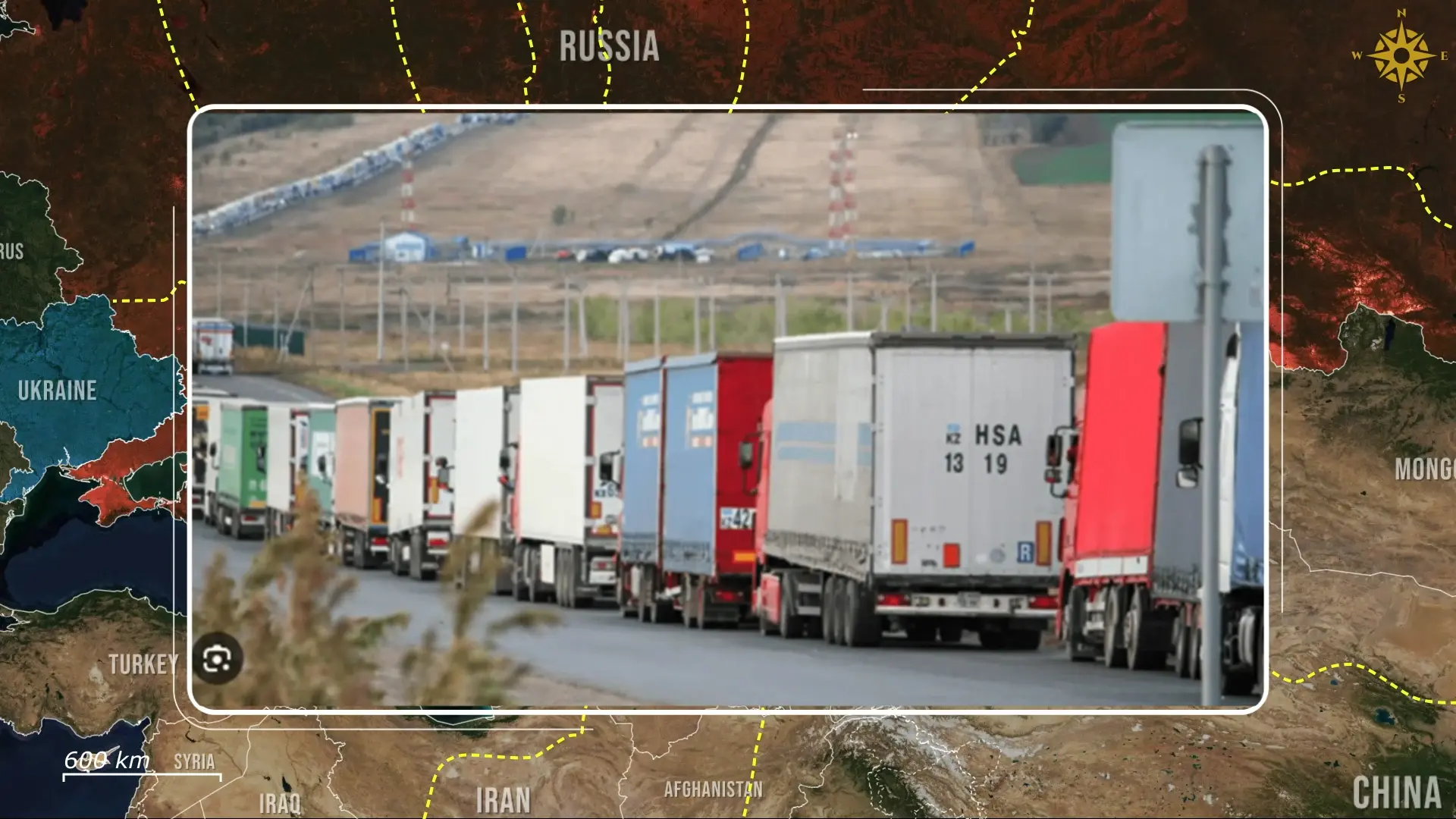
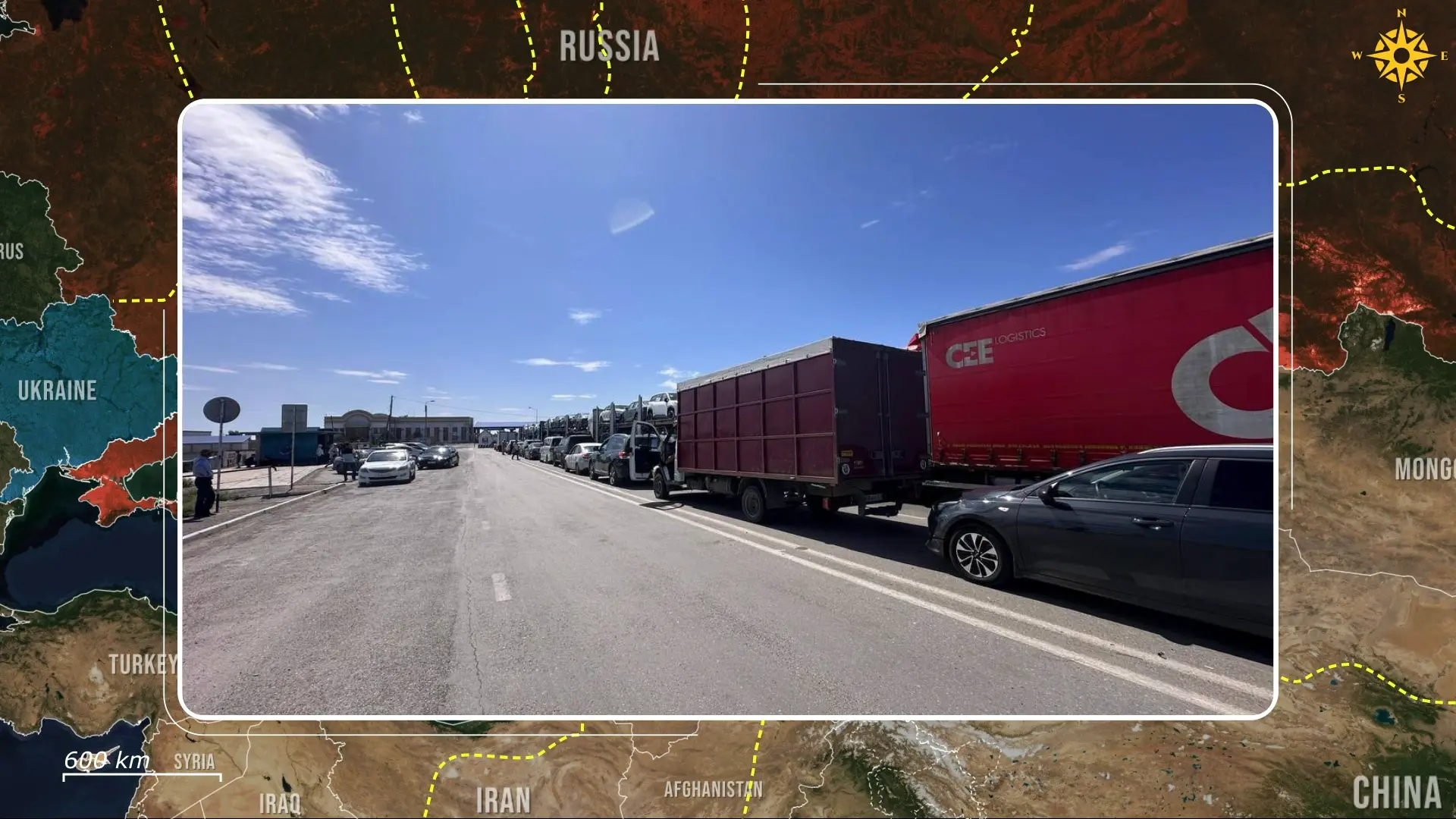
Astana knows that Western governments can see those numbers and know what they imply, that Kazakhstan became one of Russia’s key channels for sanctioned goods, from electronics to dual-use components. Now the warning signs are too loud to ignore, as Kazakh officials insist the inspections only target less than one percent of vehicles, but they explicitly mention dual-use items and prohibited cargo. And the timing matters, as Kazakhstan’s Ministry of Finance has been upgrading its customs system with help from Usaid, signaling that Astana intends to comply with the Western sanctions. In that environment, letting thousands of trucks move unchecked into Russia is no longer a risk the Kazakh government is willing to take.
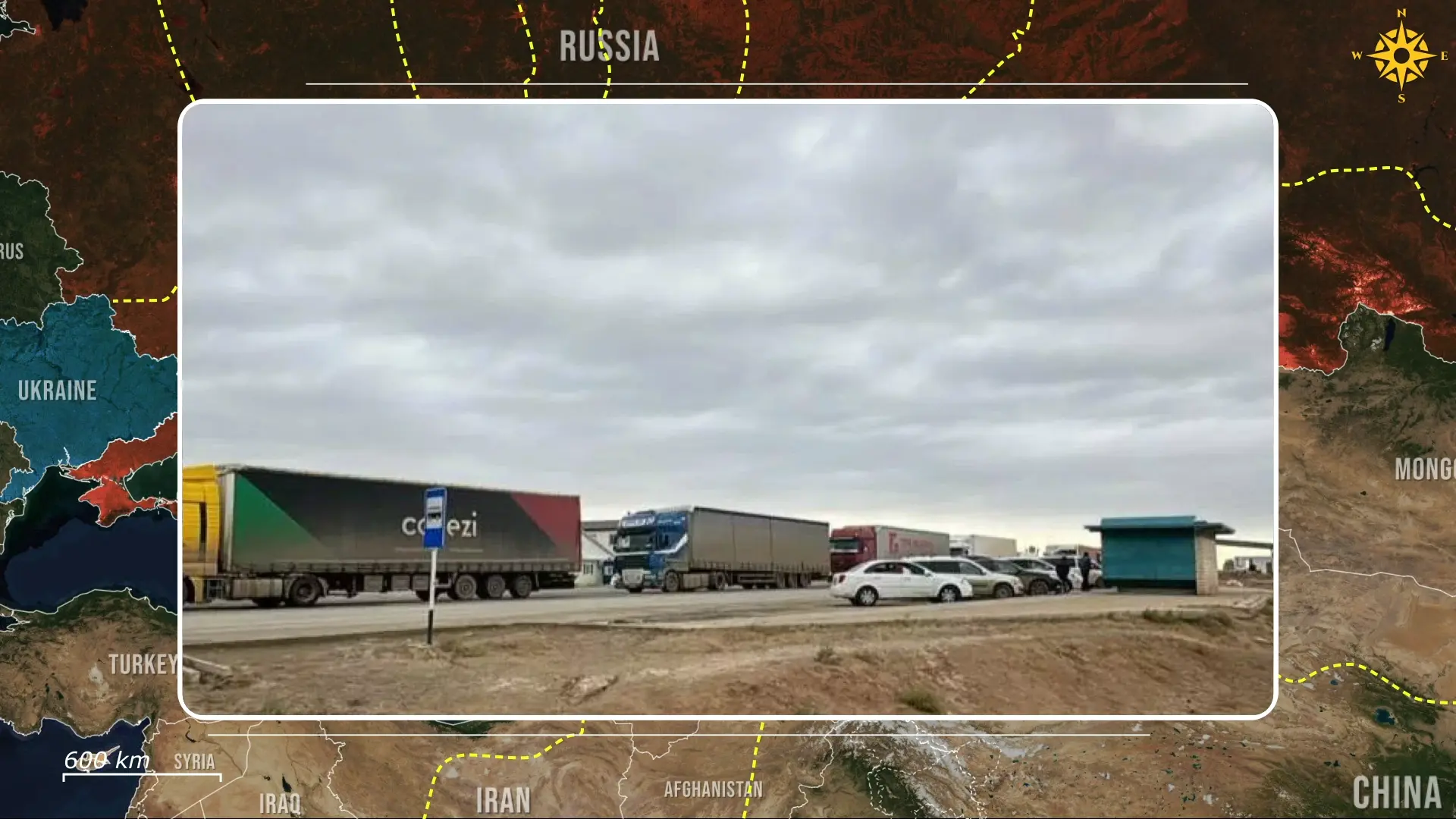
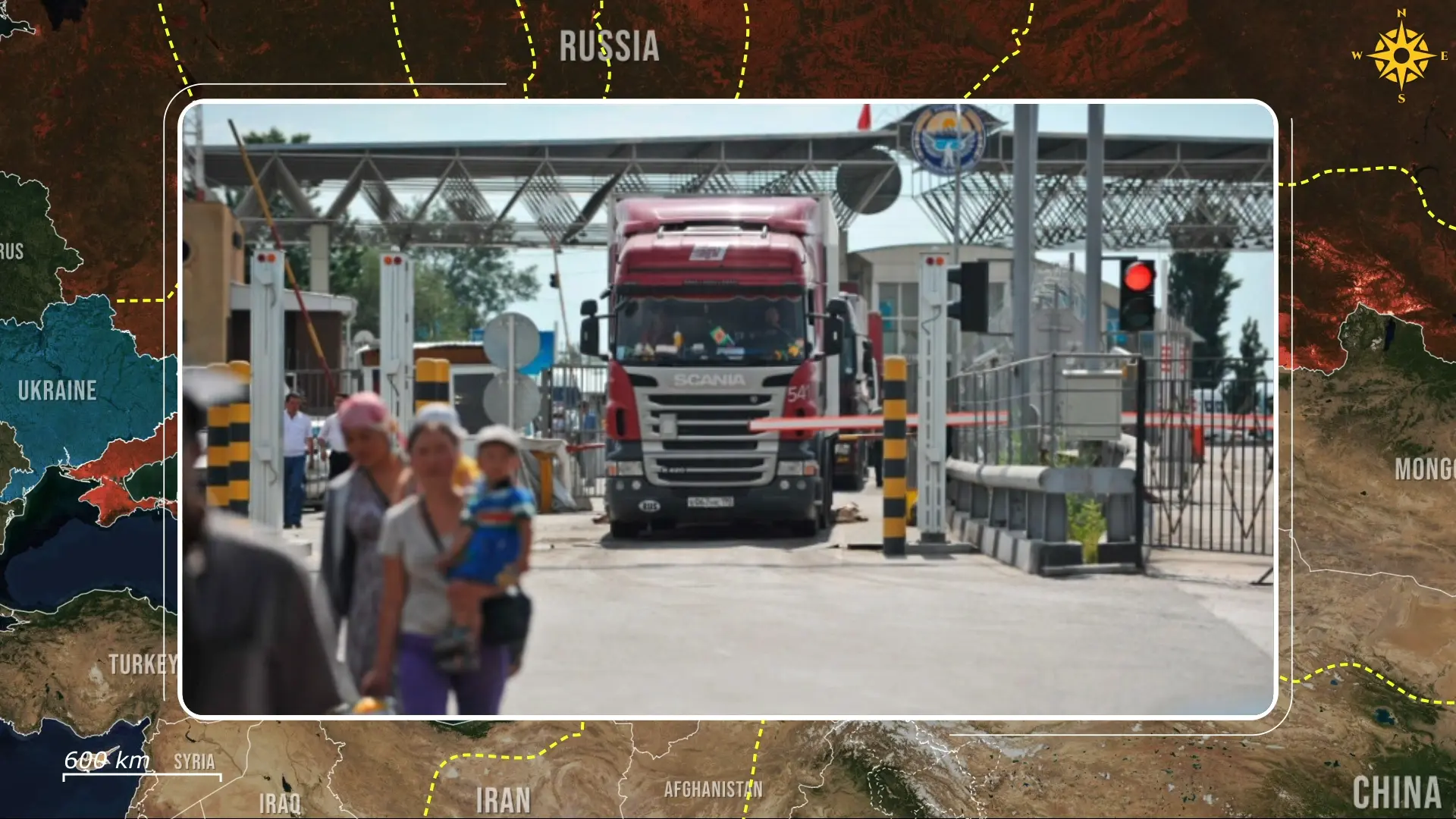
For Russia, the consequences are severe, as every delay pushes the factories closer to shortages because the border with Kazakhstan is one of Russia’s main routes for Chinese goods, everything from drones and commercial electronics to machinery and spare parts. Warehouses are running low, retailers cannot restock, and producers dependent on foreign components face production cuts. Even Russia’s attempts to blame its own customs officials cannot hide the broader reality that the Kremlin does not control the flow of goods into its own economy.
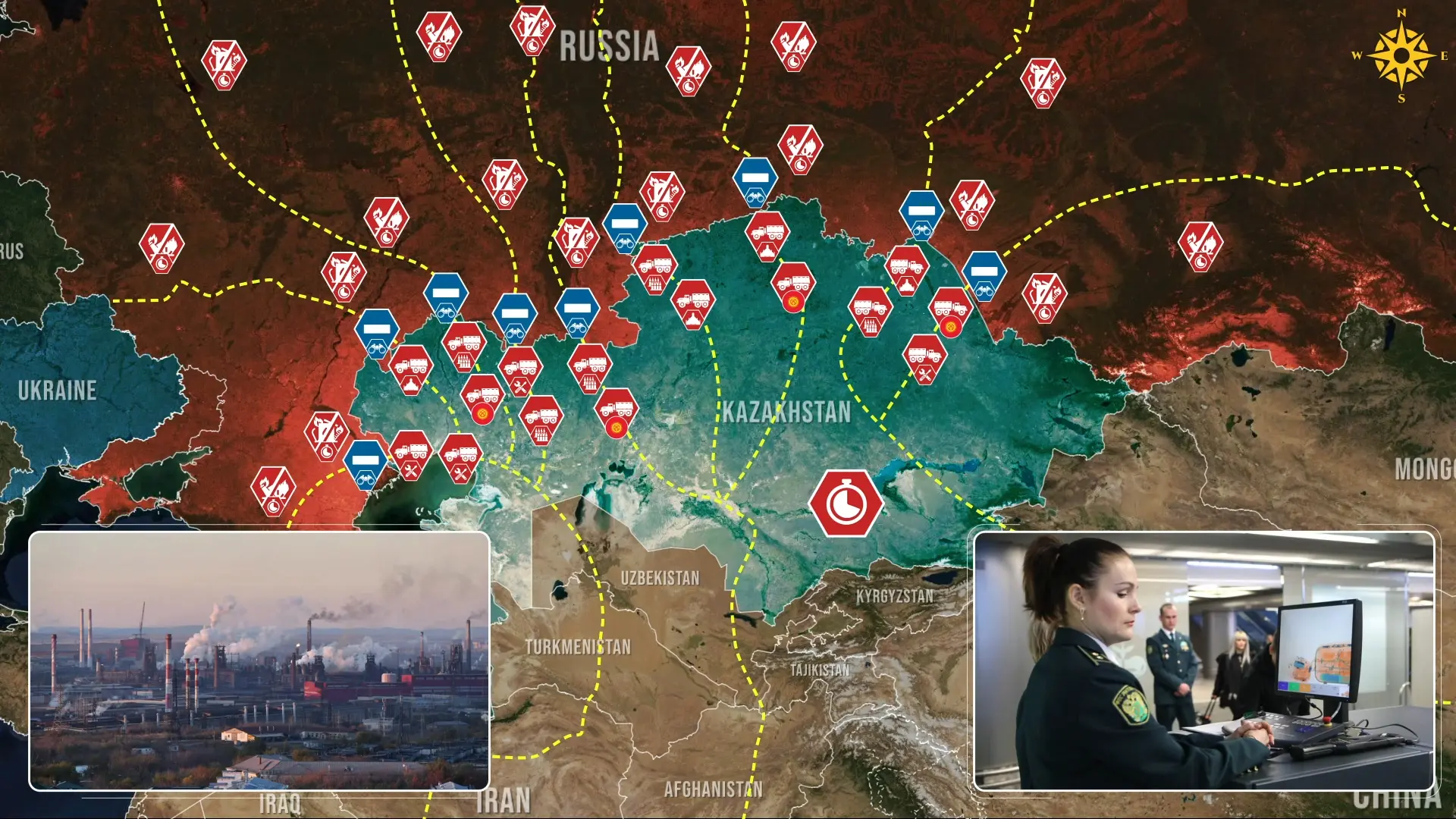
Moscow was forced to issue an emergency decree simplifying procedures for Kazakh and Kyrgyz trucks, extending their allowed stay in Russia, and clearing backlogs manually. That intervention reduced delays temporarily from two weeks to a few days, but as soon as new cargo flows arrived, the queues returned. Repairs at Kazakh border posts, seasonal demand spikes, and new restrictions on car imports have added to the chaos, but none of these factors explains the collapse as clearly as the political one, with Astana enforcing sanctions while still trying to trade with Russia on favorable terms.
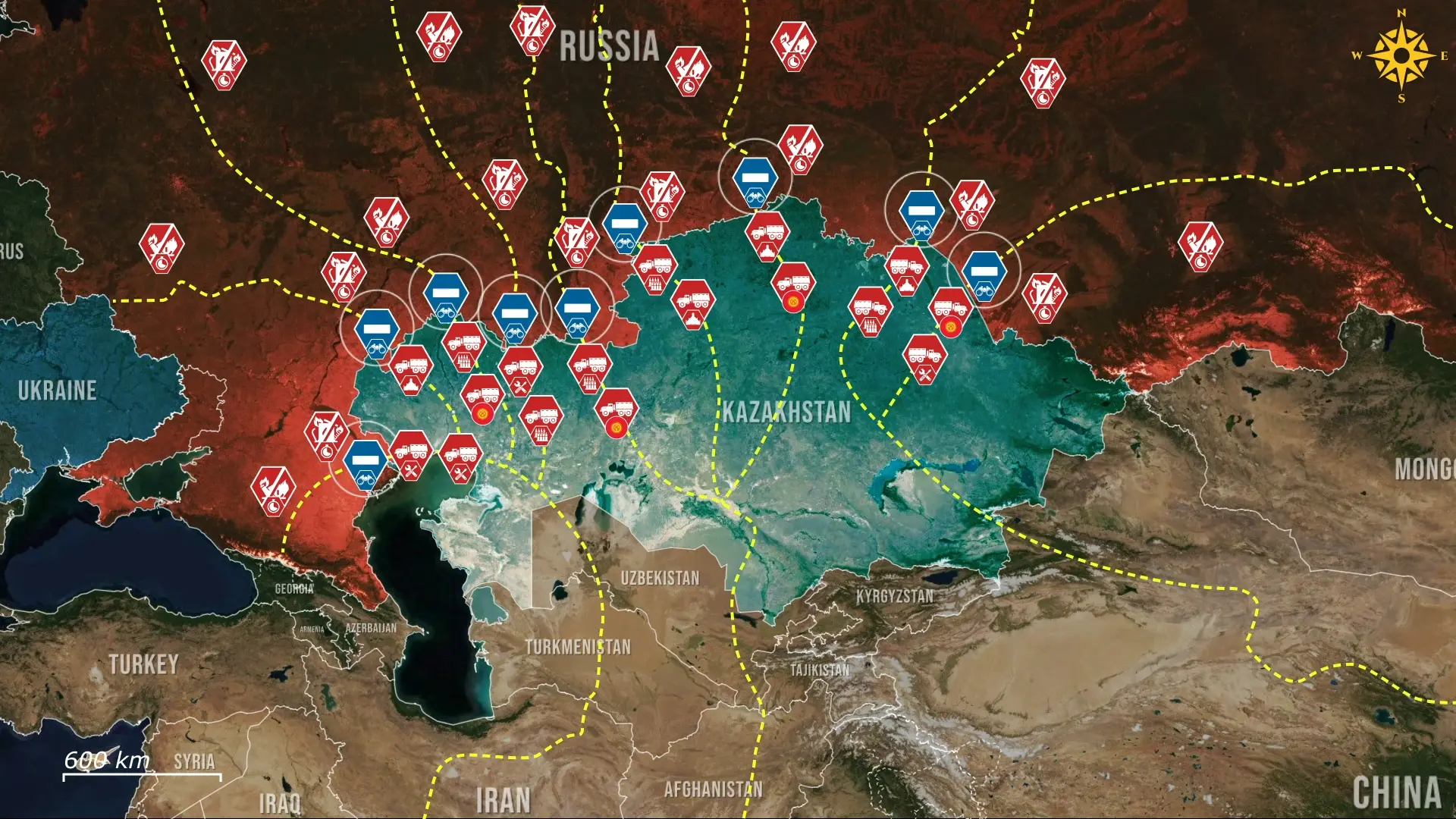
This dynamic hit not just Russia but the entire region, as Kyrgyzstan depends almost entirely on transit through Kazakhstan, and its carriers have been standing for more than a month. The Southern Corridor project linking Kyrgyzstan with Astrakhan through Uzbekistan and Turkmenistan is a direct response to this dependence, and Kazakh analysts already call it a geopolitical threat. But for Russia, the problem is more urgent, as it cannot replace the Kazakhstan route quickly or cheaply. Alternatives through Mongolia are limited, routes through the Far East are overloaded, and the Caspian Sea ferries cannot meet industrial demand. The shutdown is therefore not an inconvenience, it is a structural choke point with nationwide consequences that is putting critical pressure on the already overstrained Russian economy.
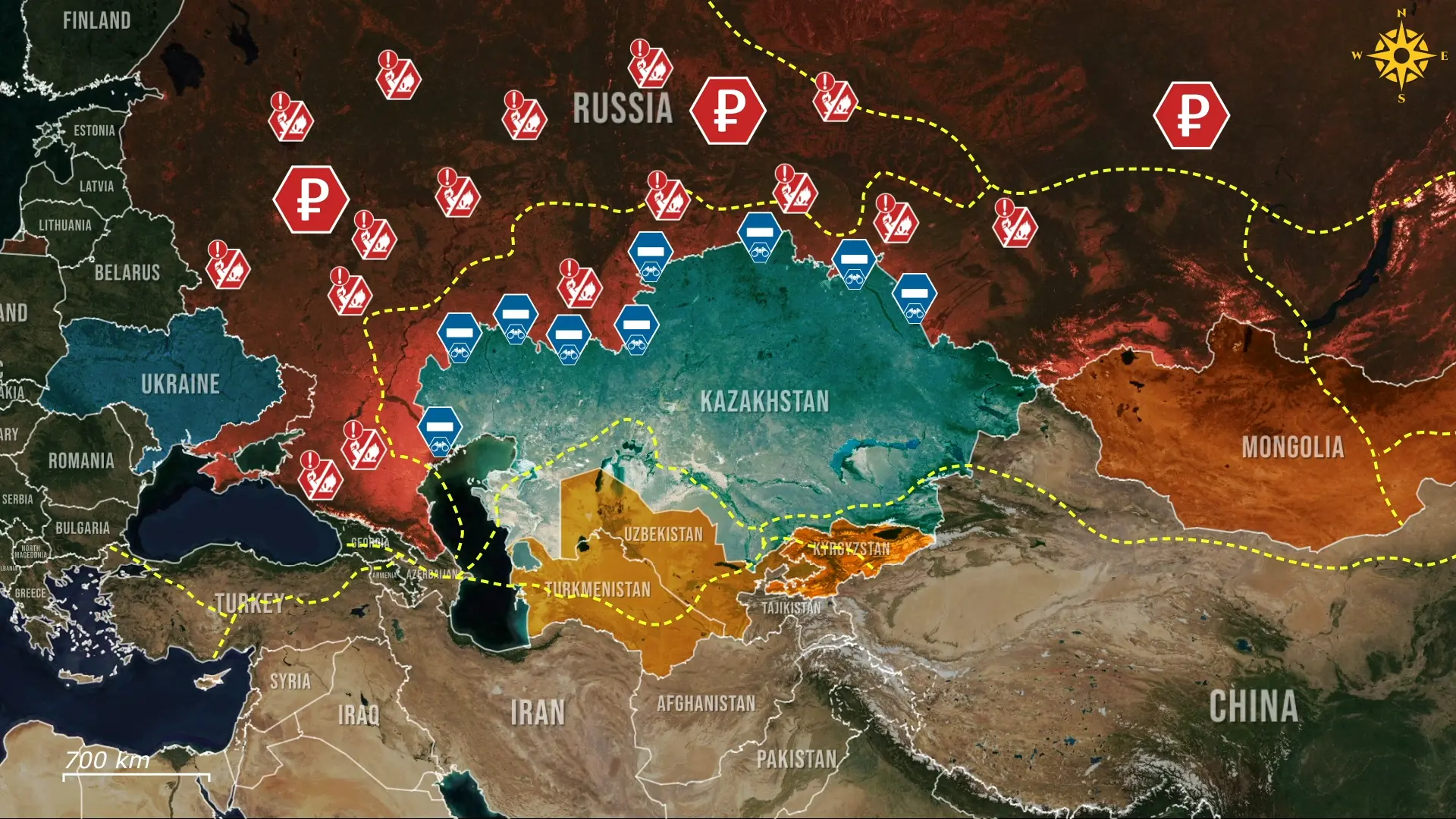
Overall, Kazakhstan’s border shutdown exposes one of Russia’s deepest vulnerabilities, an economy that depends on a neighbor it cannot pressure, control, or bypass. By enforcing secondary sanctions, Kazakhstan has disrupted supply chains that Moscow relies on to keep civilian factories running and to sustain the economy feeding the war economy. The thousands of stranded trucks are not just a logistical problem but a reminder that Russia’s economic foundations can be shaken by a partner once seen as harmless.


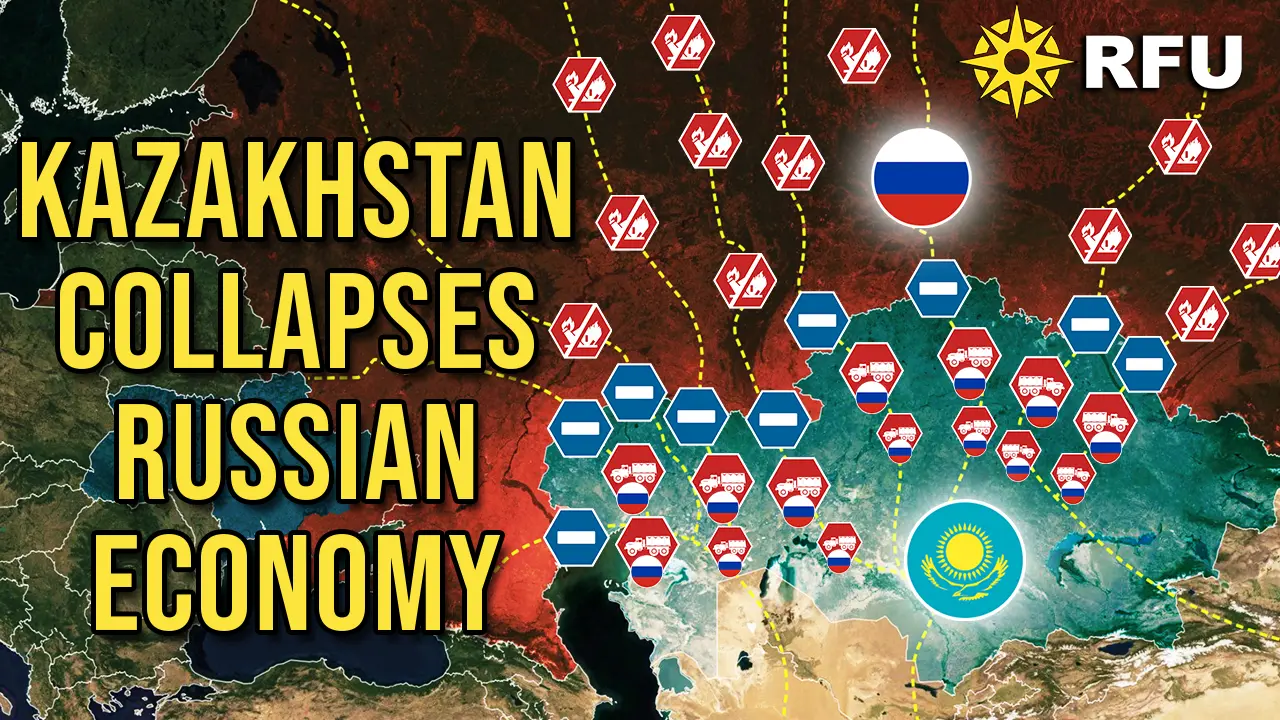
.jpg)
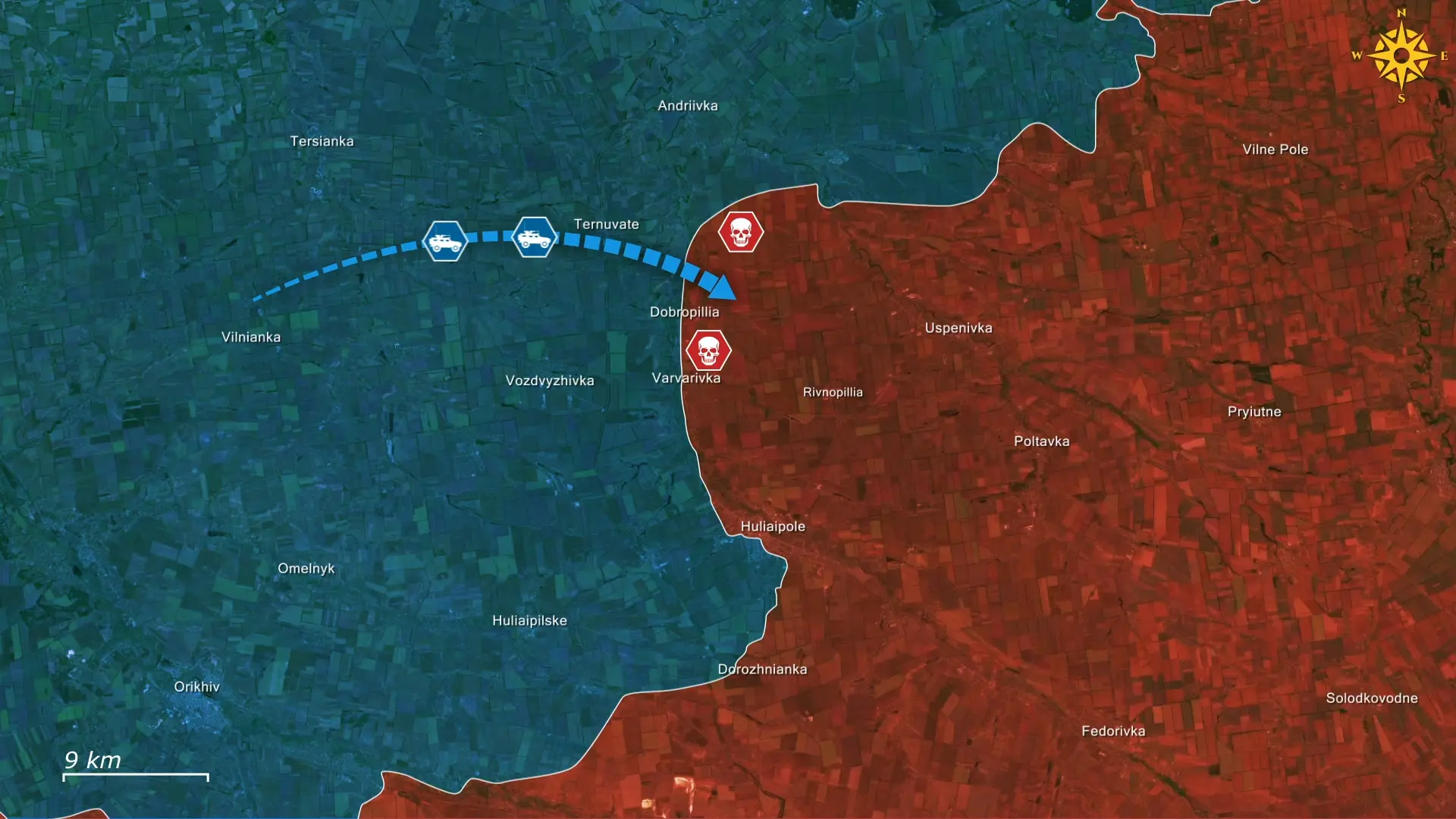
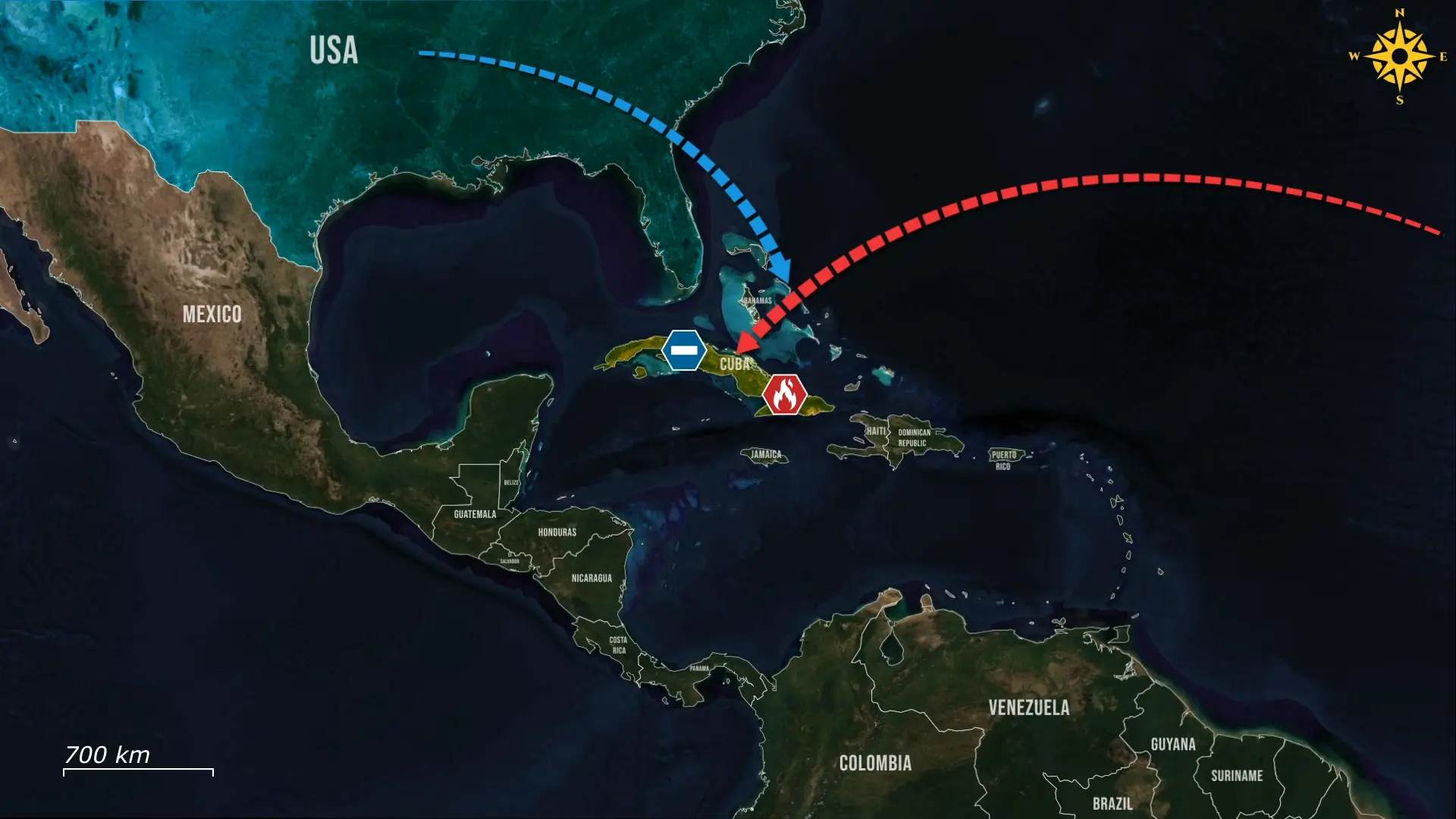
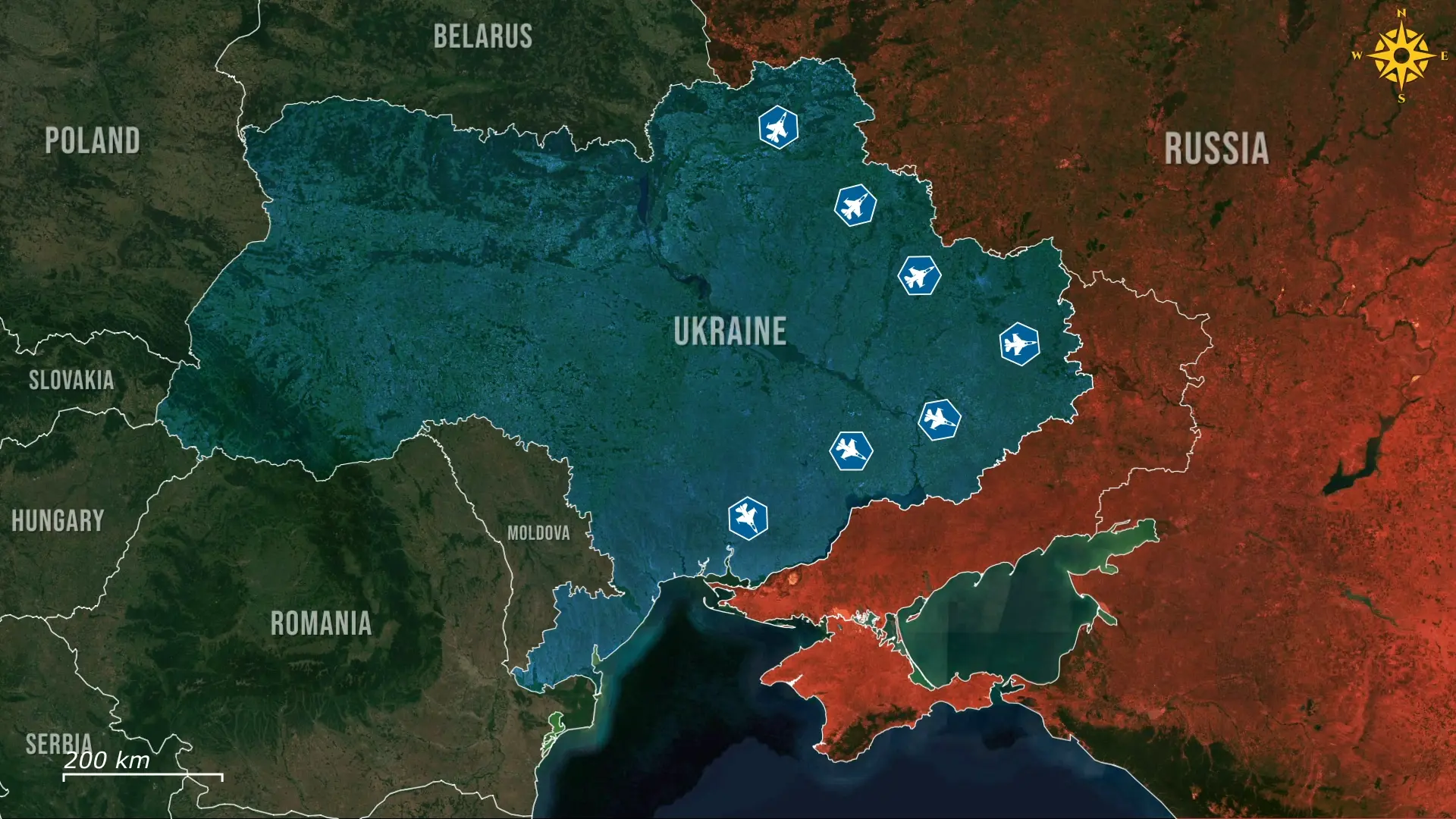
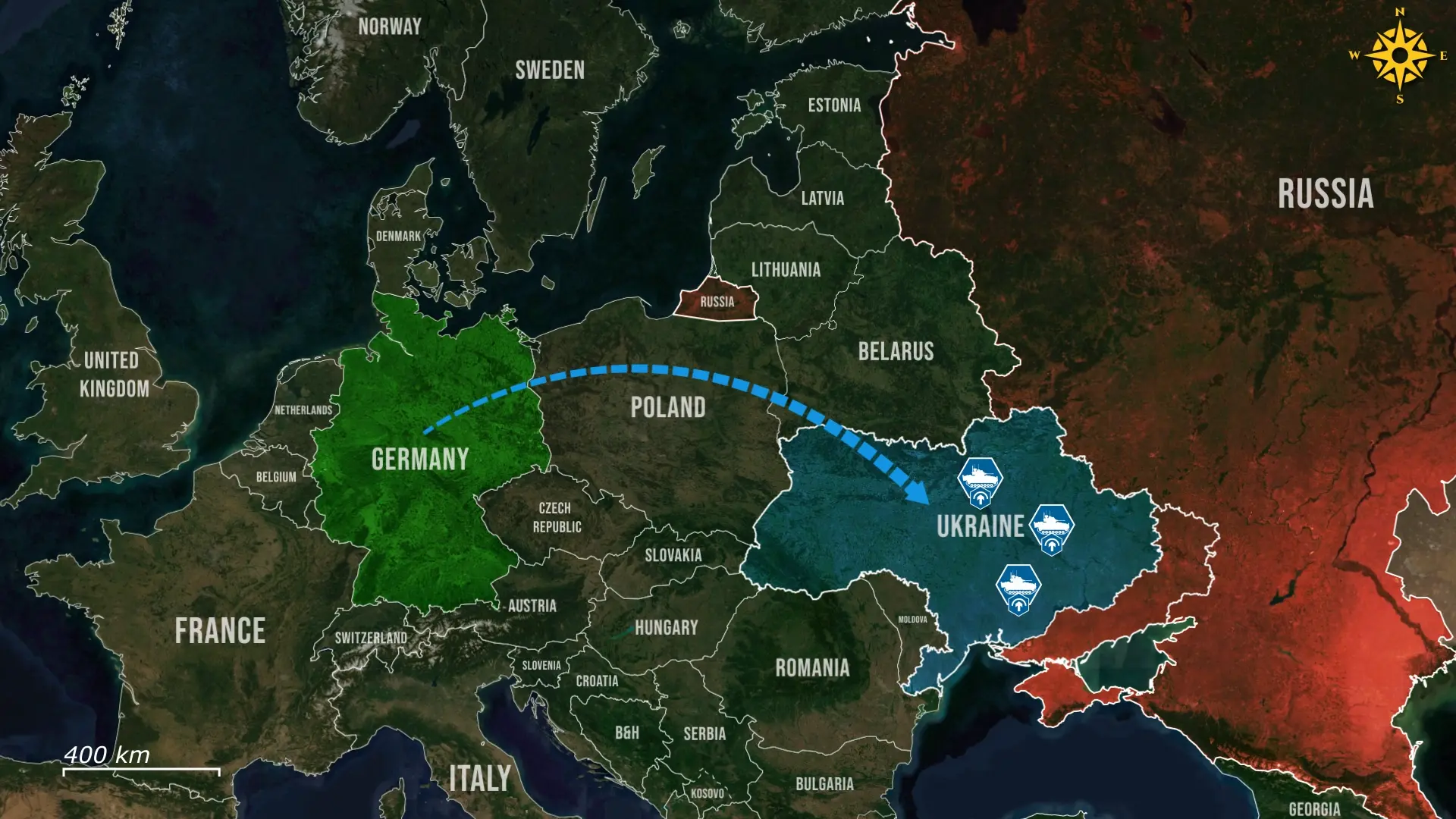
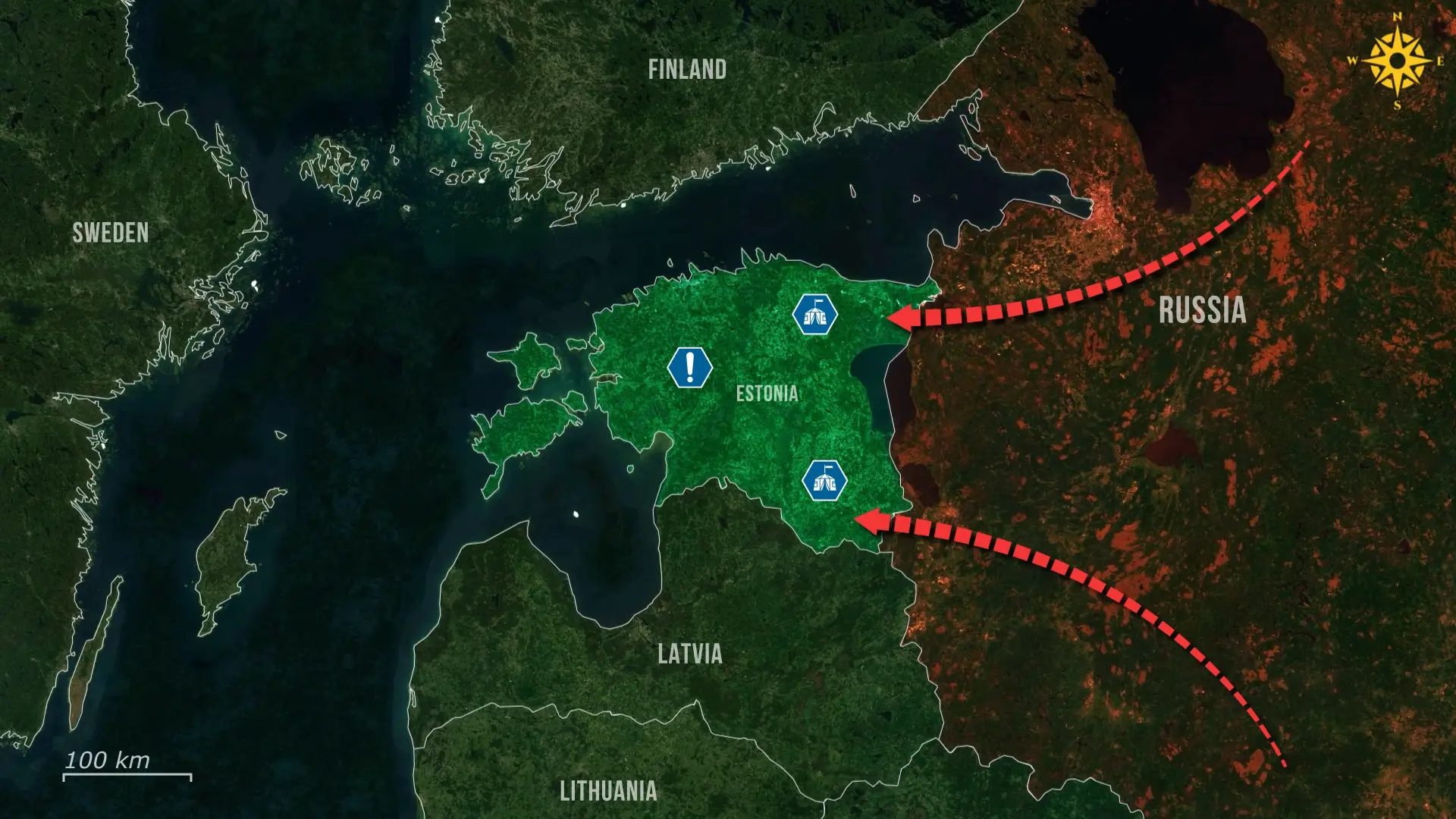
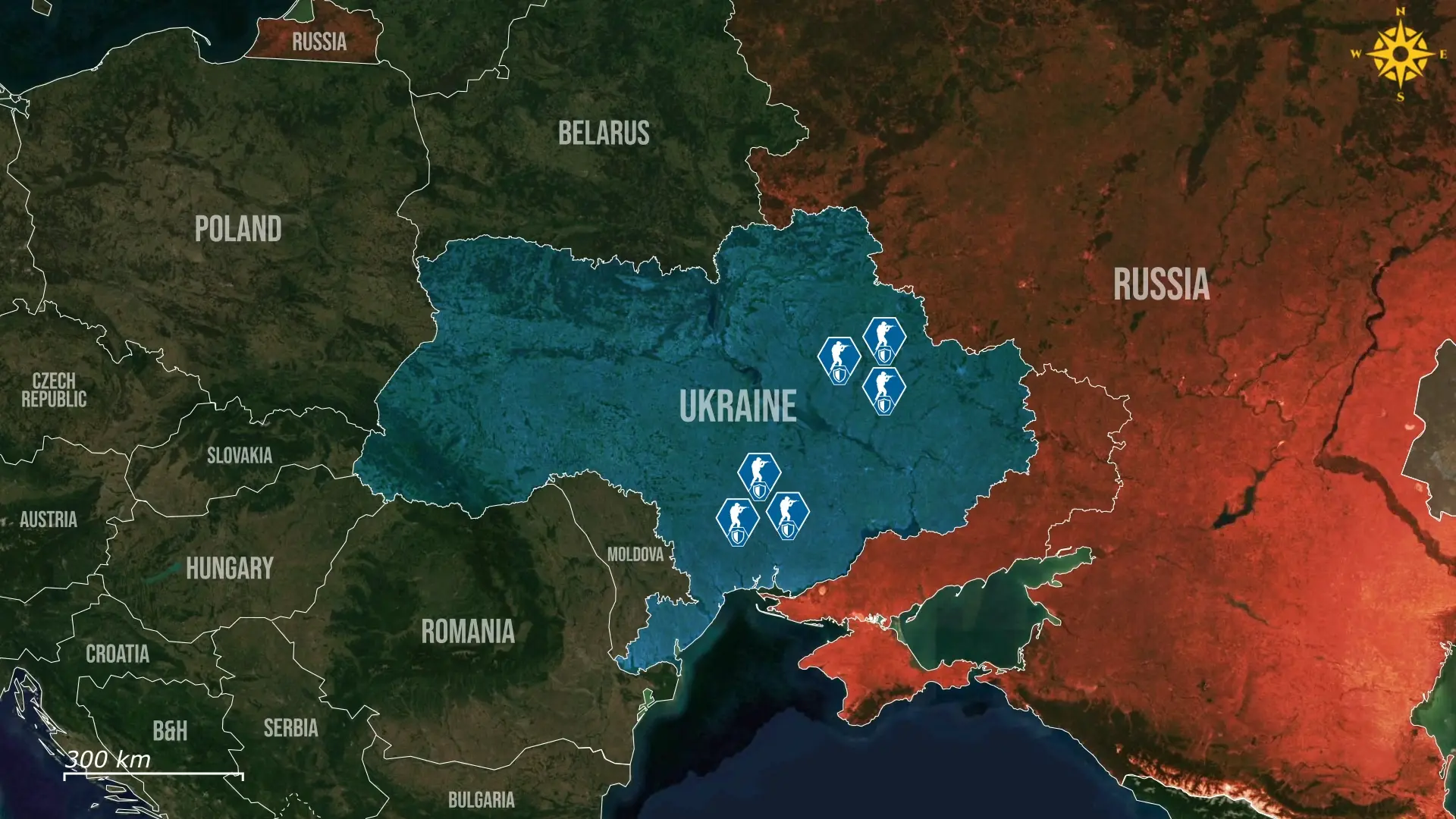
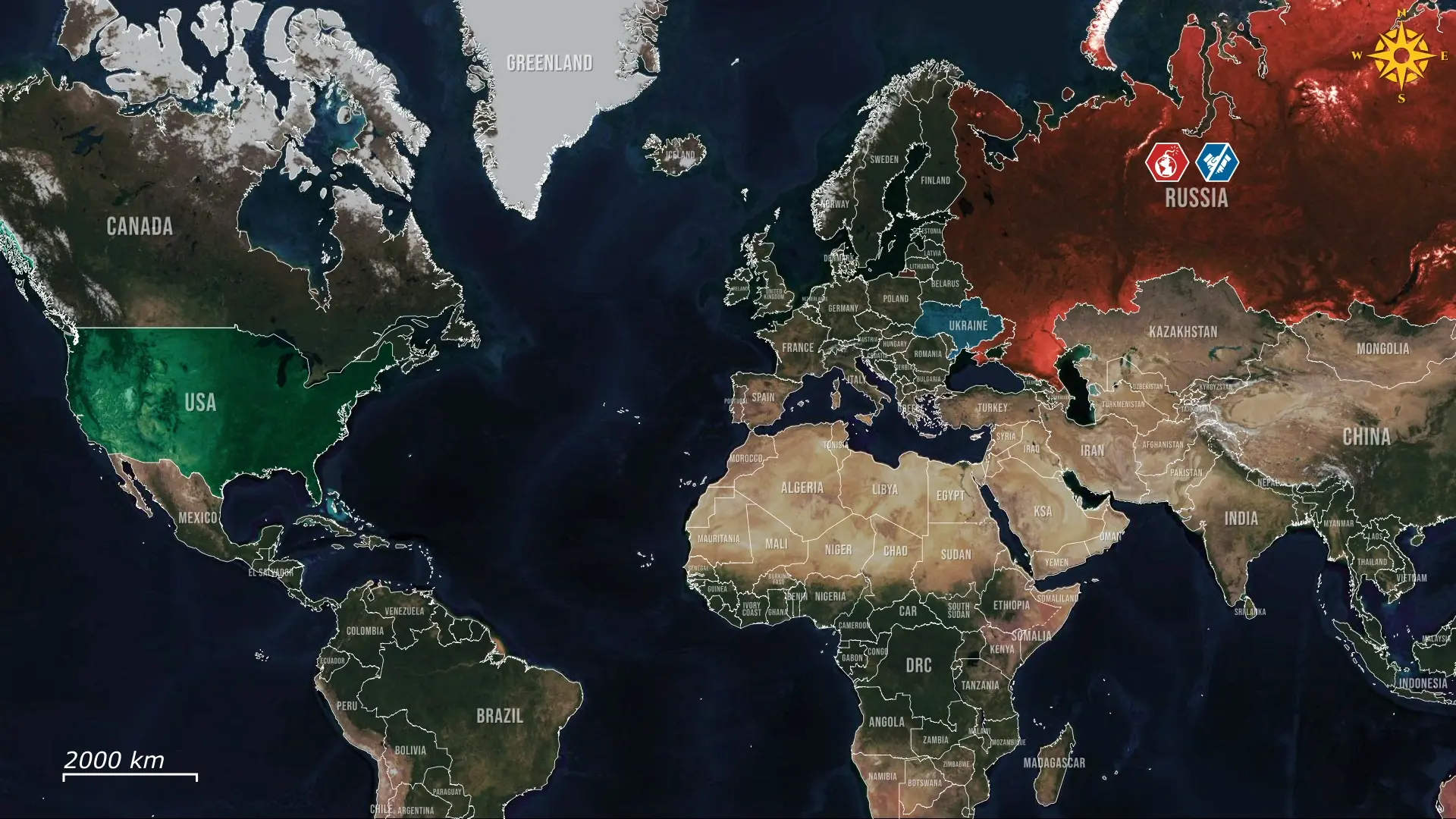
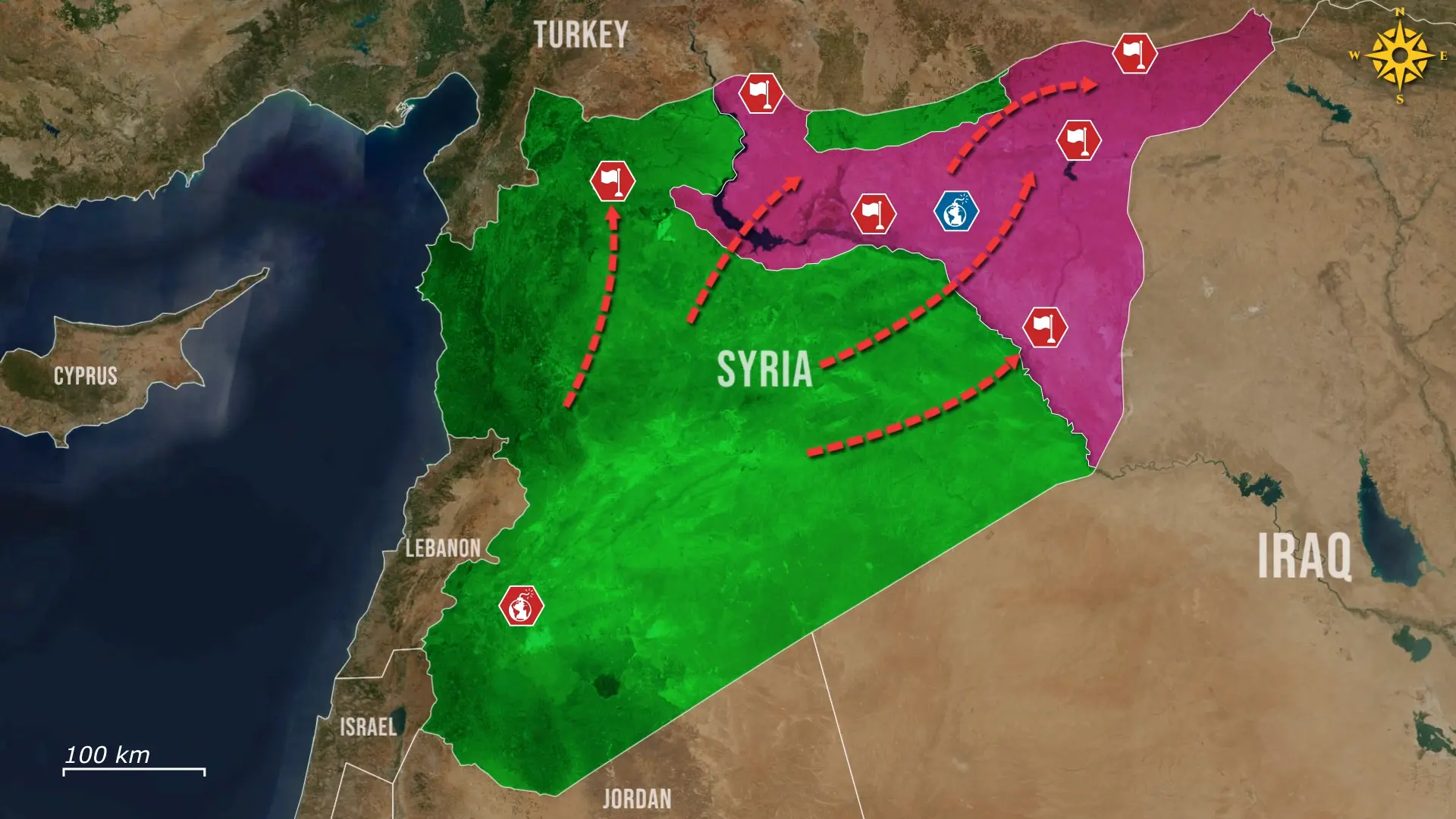
Comments